Special to the Armenian Weekly
The University of California, Berkeley (UC Berkeley) is considered one of the top institutions in the United States and has been voted the best public university in the world—more than once.
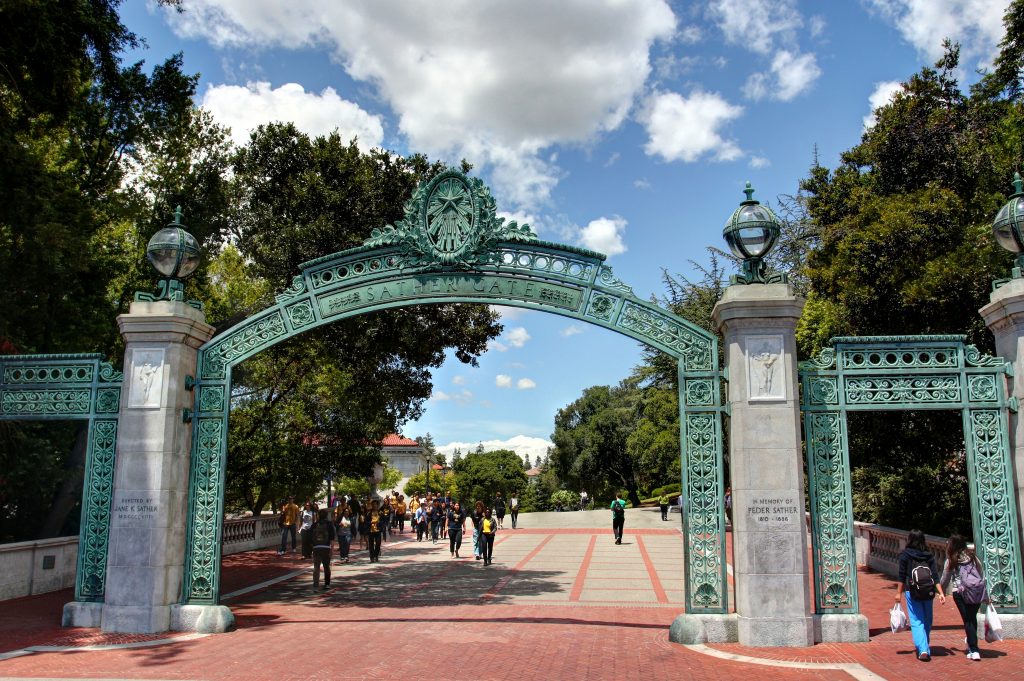
Located in Northern California, UC Berkeley is known for its wide-ranging classes, clubs, student associations, and programs of study. In Nov. 2017, UC Berkeley’s curriculum expanded with a new Armenian major/minor track.
Although Armenian majors/minors tracks exist at other institutions like the University of California Los Angeles (UCLA) and the University of Southern California (USC), the emergence of this program at a competitive and prestigious university like UC Berkeley is more significant than one may think.
UC Berkeley has had a program focusing on Armenian culture for some time now. The Armenian Studies Program (ASP) has long since been a part of UC Berkeley’s Institute of Slavic, East European, and Eurasian Studies (ISEEES). Originally, Armenian studies at Berkeley consisted of a one-semester visiting position from 1995 to 1998. Dr. Stephan Astourian was invited for a year on a part-time basis in 1998. In 2001, the Armenian Studies Program was created and Astourian appointed as its Executive Director and adjunct Assistant Professor in the Department of History. Some years later, Dr. Astourian was appointed William Saroyan Director of the ASP.
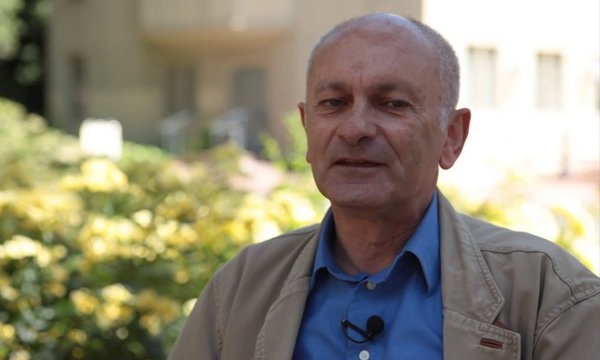
When Armenian studies were just beginning to take root in UC Berkeley, Dr. Armen Der Kiureghian played a significant role in the first half of the 1990s in the establishment of Armenian visiting position. That position was made possible by a fundraiser to which the community contributed generously. As for the expansion of the program after the creation of the ASP, it was made possible by a second fundraising campaign and, in particular, a major donation by the estate of the late Varnum Paul.
Dr. Myrna Douzjian was invited three and two years ago as a one-semester visiting lecturer upon the recommendation of the ASP and the approval of the then chair of the Slavic Department, Dr. Irina Paperno, who also played a significant role in the creation of the new Armenian degrees. Dr. Douzjian’s successful teaching made it possible for her to be hired as a full-time lecturer in the summer of 2017 as Dr. Hasmig Seropian, who used to teach Armenian language classes on a part-time basis decided to retire.
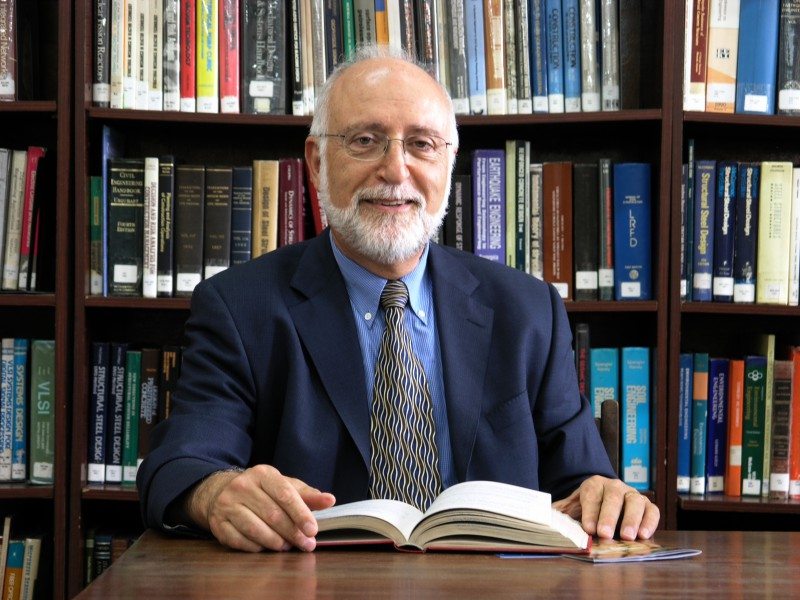
Although the Armenian Studies Program is part of ISEES, this new opportunity for a degree focusing on Armenian culture is offered through the Department of Slavic Languages and Literature. The Russian/East European/Eurasian Languages and Cultures major offers different tracks where one may center their studies towards a specific concentration. These concentrations include Armenian, Bosnian/Croatian/Serbian, Czech, Hungarian, and Polish. The Slavic Department also offers minors in Russian Culture, Russian Language, Russian Literature, East European/Eurasian Languages and/or Cultures, as well as Armenian Studies. More information about specific classes to take can be found online on the Slavic Department’s website.
According to Professor Douzjian, the major track “gives students flexibility to do comparative work on other countries of the region or to do research on mostly Armenian centered topics.” Professor Douzjian provides a diverse curriculum in her language classes, filled with classic Armenian stories/plays, canonical pieces, and works that many of her Armenian students did not know existed. She says that the program “is a place where I found I can bring my interest in Armenian studies and my theoretical interests in world literary debates—how a marginal literary culture can come into conversation with more dominant cultural evaluations.”
Students have expressed great interest in this program and there has even been a graduate. Sareen Habeshian, the first Armenian major graduate from UC Berkeley, was already taking all the Armenian courses that were offered at Berkeley each semester, purely for her own interest and knowledge. During her last semester, thanks to Professor Douzjian, Sareen was able to count those classes toward the new Armenian Language and Literature program and declare it as her double major.
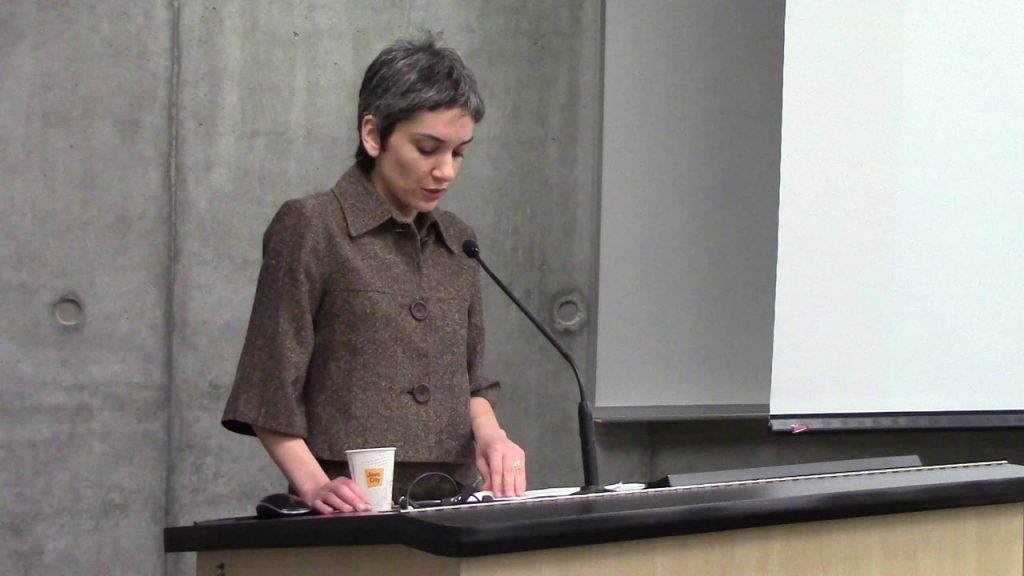
“I got to write about Zabel Yesayan, read Gurgen Khanjyan’s work in Armenian, obsess over Arshile Gorky’s art and analyze Atom Egoyan’s ‘Ararat,’” Habeshian says. “The diverse courses this program offers, and the professors who teach them, allowed me to continue my Armenian education and explore Armenian topics at a collegiate level, in classrooms with all types of people. I feel grateful to have had this opportunity and to have shared this privilege with my non-Armenian peers who showed great interest in my culture, language and history by taking these classes.”
Gasia Boghigian, who is currently a senior finishing her last semester, says that the Armenian major/minor track has opened doors for many individuals (Armenian or non-Armenian). “With this program, we, as students, can enhance our knowledge about Armenia’s history and its ancient language. This semester, I am enrolled in two Armenian courses—Armenian Literature in Social Context and the Armenian Language Independent Study—to complete the Armenian minor,” Boghigian explains.
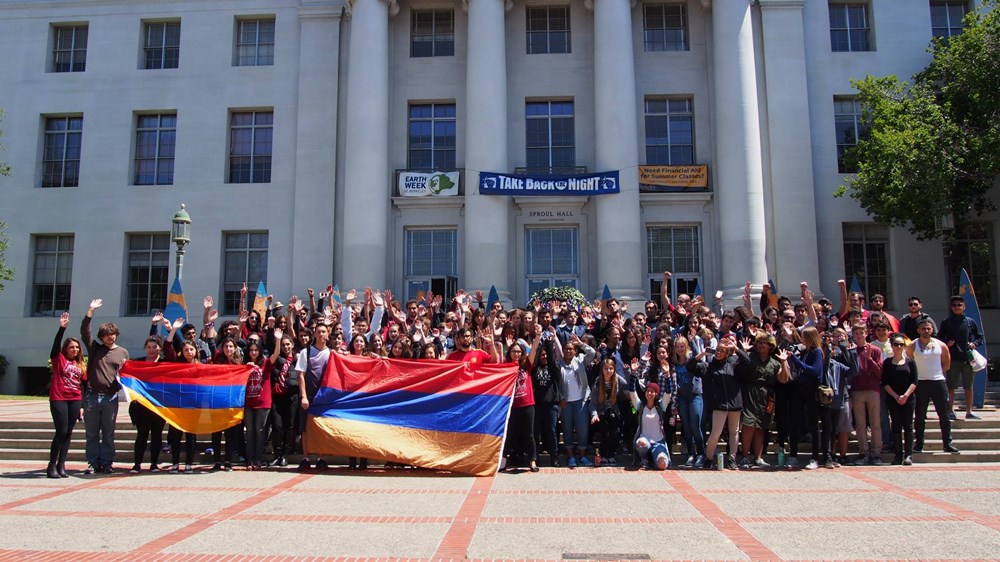
In the Armenian Literature course taught by Dr. Douzjian, students analyze Armenian literature from different periods through social context. The class, according to Boghigian, consists of about 50 students—almost half of which are non-Armenian. “I think by having access to Armenian material at a very diverse university will enlighten many students who are not aware of Armenian matters. I feel honored to be part of this program and, more importantly, I am lucky to be able to take this opportunity that became official during the final year of my undergraduate career at an incredible educational institution,” Boghigian adds.
The new Armenian major/minor track offers wonderful opportunities to both Armenian and non-Armenian pupils. Students who have graduated with these degrees have the skills necessary to instill other Armenians and non-Armenians with the history of a long oppressed nation that has overcome multiple atrocities, prejudice, and even genocide.
The beginning of the major/minor track in Armenian studies is yet another example of the success Armenians have made to ascend the educational and social barriers of the U.S. The diverse narratives that make up the Armenian-American community will now have a broader audience and greater platform thanks to the prestige of UC Berkeley and the hard work of our professors, donors, and loyal community members.


Very good news. Thanks everybody who contributed to make it happen!
Go Myrna